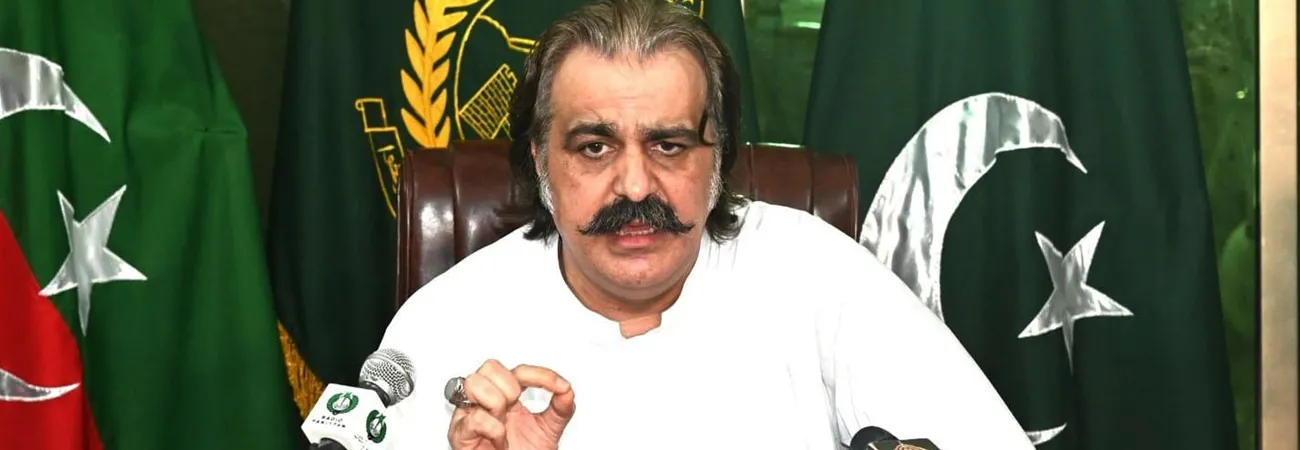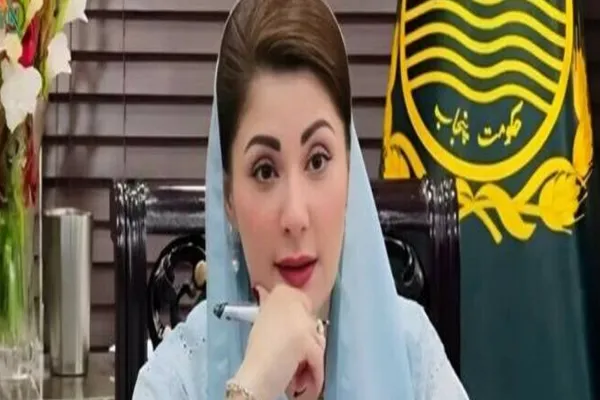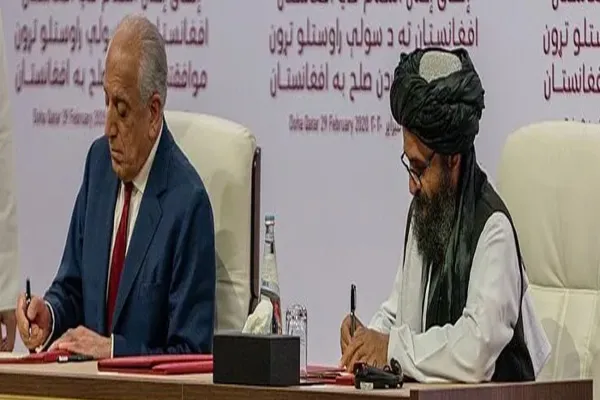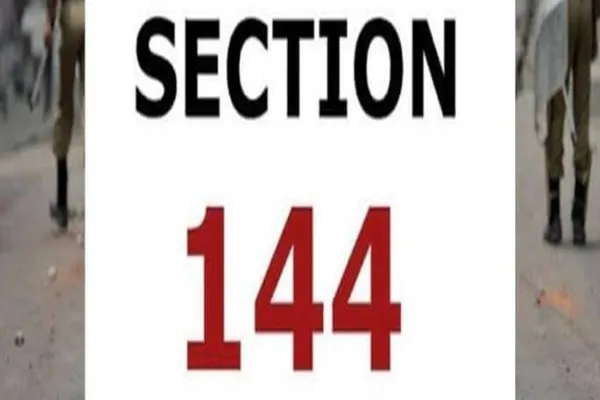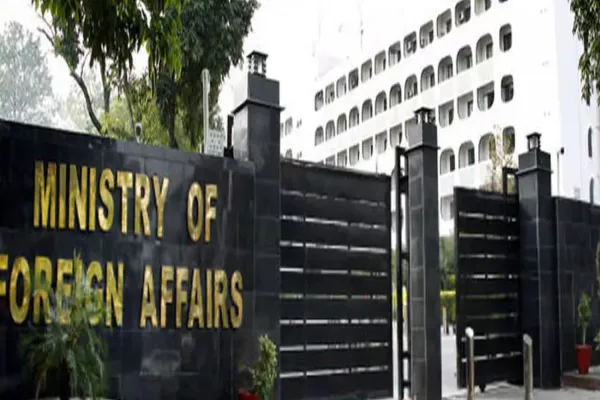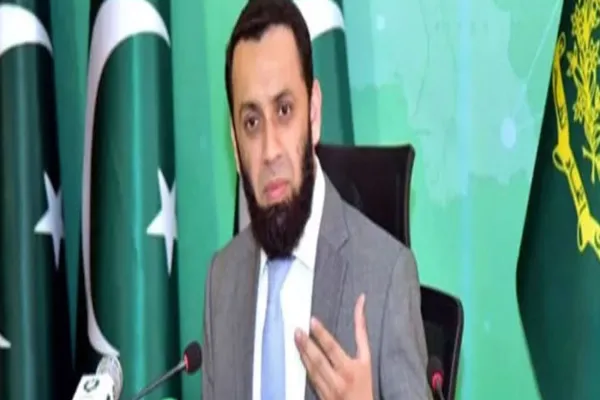i NEWS PAKISTAN
Khyber Pakhtunkhwa's Chief Minister, Ali Amin Gandapur, reached out to Deputy Ameer of Jamaat-e-Islami Majlis-e-Amin, Liaquat Baloch, to discuss the deteriorating political situation in Pakistan and the deprivation of political and constitutional rights. During the phone conversation, the Chief Minister expressed concerns about the current state of affairs and invited Baloch for a meeting at the Chief Minister’s House in Peshawar to further discuss the matter. Liaquat Baloch, in response, stated that he would consult with his party before confirming the meeting. He also spoke to reporters after attending a meeting for the election of provincial office bearers of the Milli Yakjehti Council (South Punjab Central).
Baloch condemned the government’s actions regarding the recent legislation on madrasa registration, alleging that it involved fraud. He claimed that the government and establishment achieved their objectives with the 26th Constitutional Amendment, but the process had been marred by bad intentions, leaving the parliament’s representatives sidelined. Baloch argued that the government is trying to pit various religious institutions and federations against each other, further escalating tensions. He called for a joint meeting of all registered federations of religious madrasas to address the issue collectively and find a solution through consensus.
A delegation of the National Unity Council is set to meet with the leaders of these federations to discuss the matter further. In addition, Baloch criticized the 26th Constitutional Amendment as a direct attack on the independence of the judiciary. He emphasized that the effects of the amendment were already becoming visible, particularly with the division among justices in higher courts, worsening the situation. Baloch insisted that if the judges of the Supreme Court and High Courts remain united, the constitution would be safeguarded and the people would benefit. On the issue of the country's economic situation, Baloch dismissed Prime Minister Shahbaz Sharif’s claims of economic improvement, stating that they were empty promises.
He highlighted the increasing financial strain on ordinary citizens due to rising costs of electricity, oil, gas, and taxes. The economic struggles, including high unemployment rates and growing psychological issues among the public, were exacerbated by the government’s focus on foreign economic aid, Baloch said. Furthermore, he pointed out the rampant theft of electricity by provincial governments and departments, with the financial burden falling heavily on the common people. Baloch stressed that providing affordable electricity, oil, and gas was essential for revitalizing industry, trade, and agriculture, and for creating jobs. Without such measures, he concluded, the government's economic claims would remain nothing more than lies.
Credit: Independent News Pakistan (INP)



